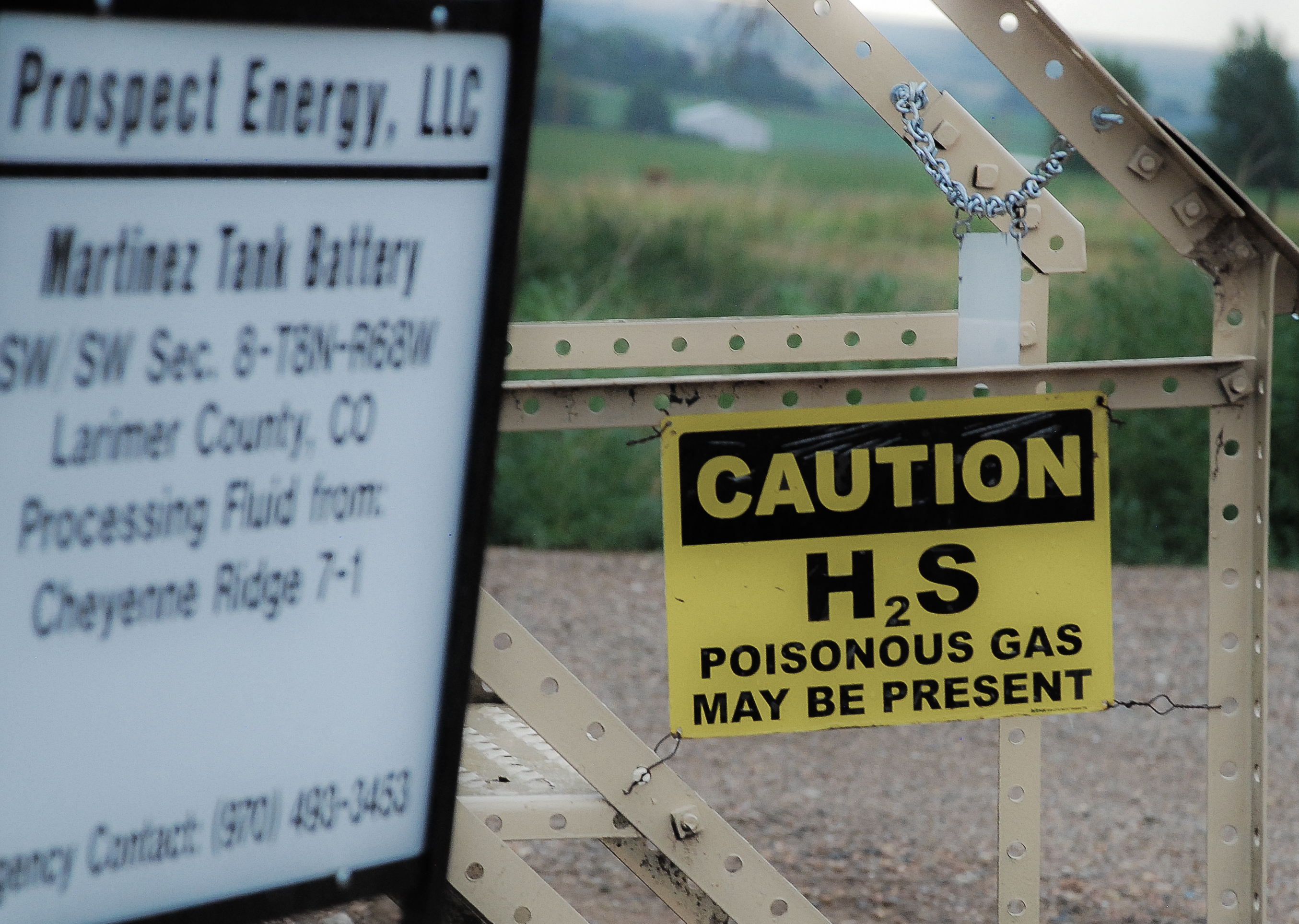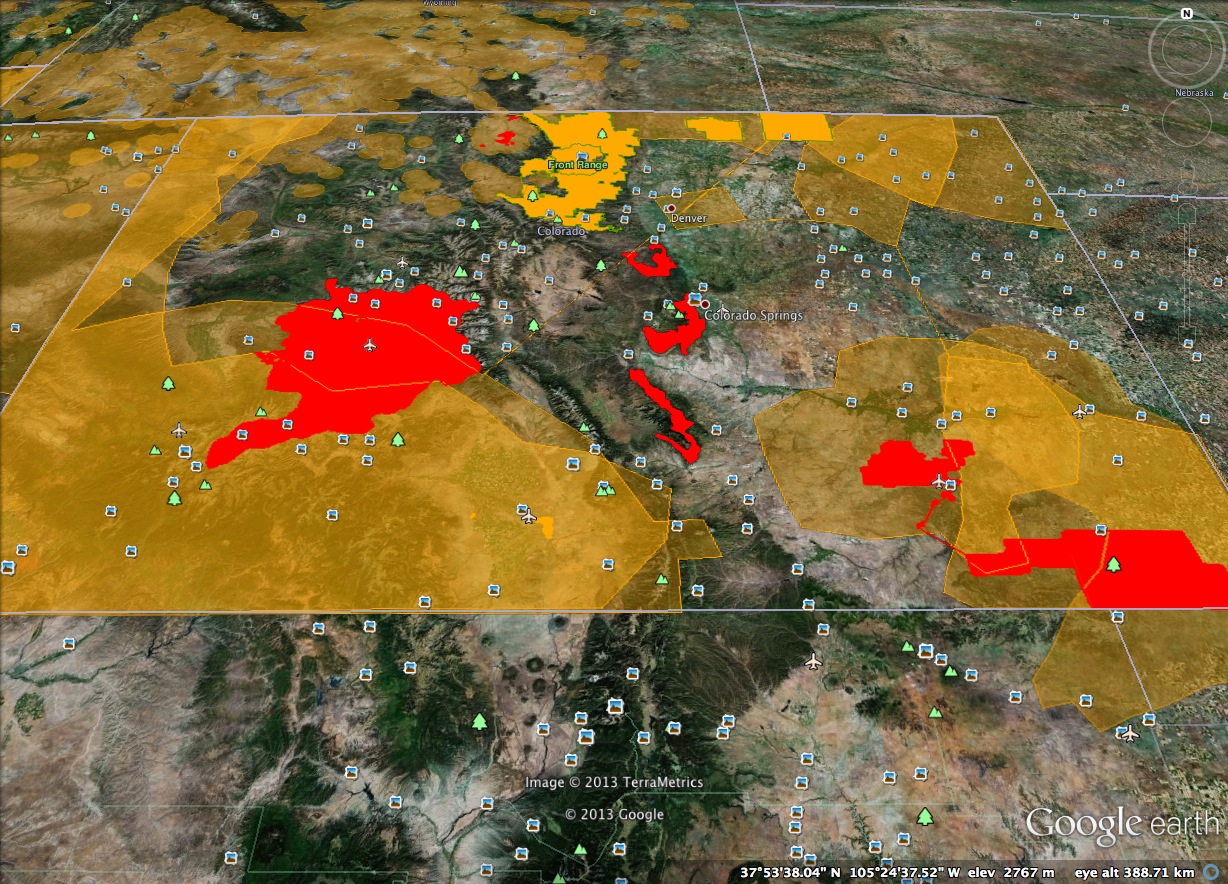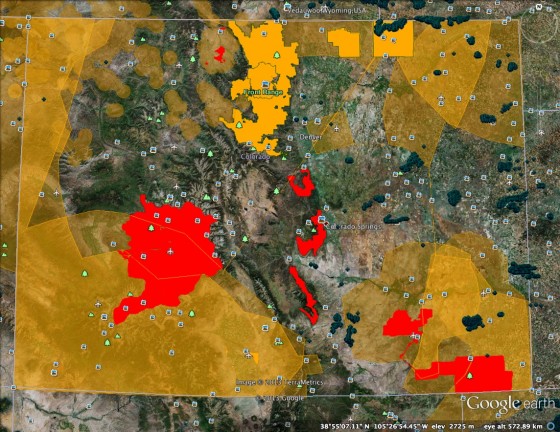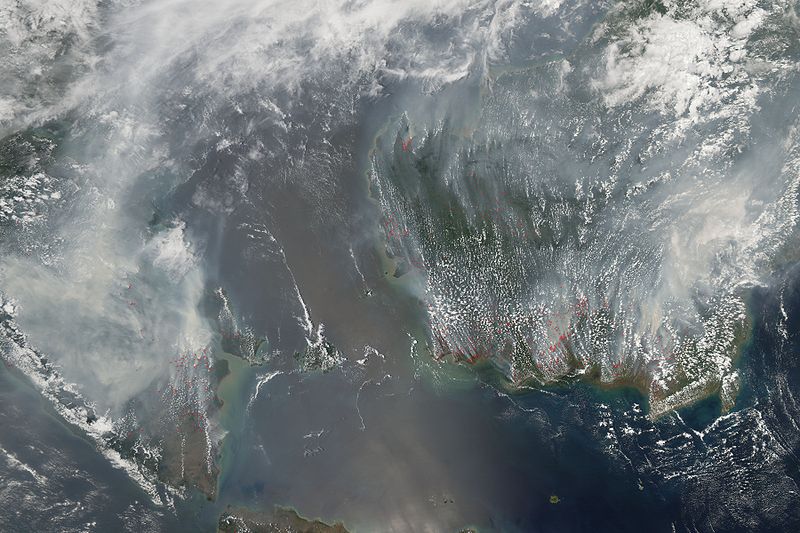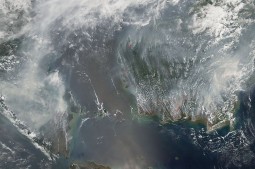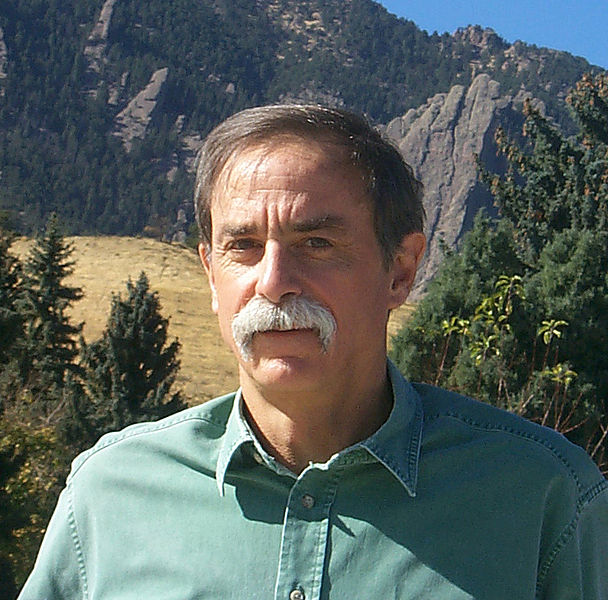
On Friday, the Intergovernmental Panel on Climate Change, better known as the IPCC, released the first bit of its Fifth Assessment Report, a volume with a plain name that may have a large influence on global policy. This first part of the report, part one of three, is the “sciency” part, documenting the current state of knowledge of climate change and its effects. The report sticks to the physical science of climate change—by how much the climate is changing, what’s causing it, and what the world might look like by the end of the century. The next two volumes of the report will address the societal impacts of climate change and, lastly, mitigation strategies.
HOE co-host Beth Bartel speaks with Tad Pfeffer, a professor at CU-Boulder jointly appointed between the Institute of Arctic and Alpine Research, (INSTAAR), and the Department of Civil, Environmental, and Architectural Engineering. Pfeffer is one of the lead authors on Chapter 13 of the IPCC report, the chapter on sea level rise.
Hosts: Beth Bartel, Ted Burnham
Producer: Beth Bartel
Engineer: Maeve Conran
Executive Producer: Beth Bartel
Listen to the show:
Podcast: Play in new window | Download (Duration: 24:47 — 34.0MB)
Subscribe: RSS




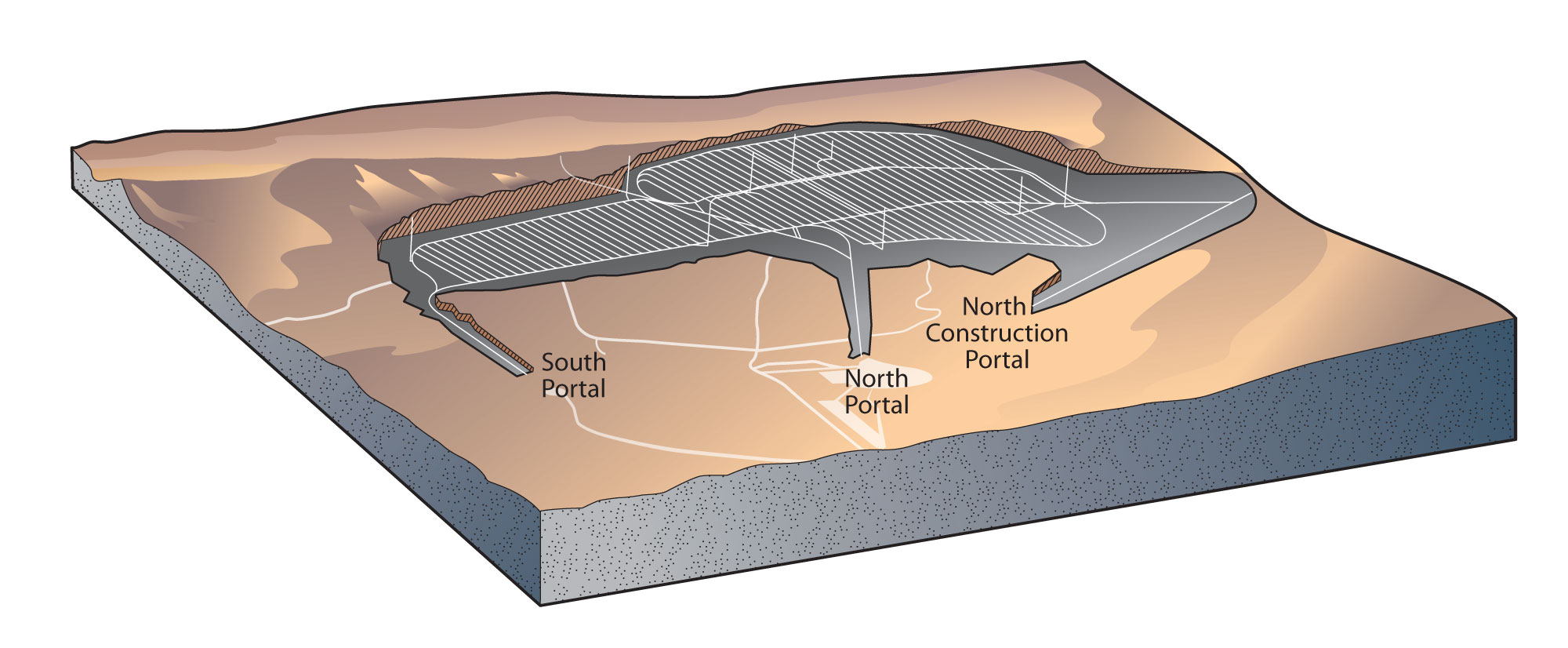
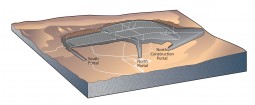
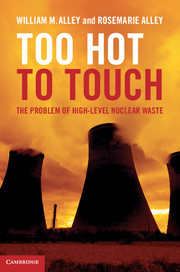
 Today we’re joined by Dr. William Alley and Rosemarie Alley to learn about the nuclear waste crisis in the United States. Bill Alley, a distinguished hydrologist, was in charge of the USGS’s water studies at
Today we’re joined by Dr. William Alley and Rosemarie Alley to learn about the nuclear waste crisis in the United States. Bill Alley, a distinguished hydrologist, was in charge of the USGS’s water studies at 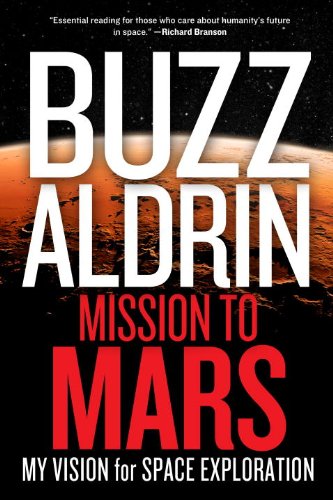
 Buzz Aldrin’s Vision for Space Exploration (starts at 6:14) Dr. Buzz Aldrin advocates that the United States should not enter a space-race to the moon against the Chinese, or a race to Mars against the Russians, but rather show leadership by cooperating with the major space-faring nations to systematically step across the great void to the Red Planet. This is his personal Unified Space Vision. He is also working toward an independent council, a United Strategic Space Enterprise, that would advise American citizens about the nation’s space policy. USSE experts would draw on a deep knowledge of America’s previous successes and failures to present a unified plan of exploration, science, development, commerce, and security within a national foreign policy context. Buzz shared these visions with How On Earth’s Jim Pullen. Here’s an excerpt from his hour-long discussion with Jim. Stay tuned for the rest of his discussion, in which he shares little-known insights into why Apollo 11, not Apollo 12, was first to land humans on the moon, and never-before-shared honors for Neil Armstrong and Pete Conrad.
Buzz Aldrin’s Vision for Space Exploration (starts at 6:14) Dr. Buzz Aldrin advocates that the United States should not enter a space-race to the moon against the Chinese, or a race to Mars against the Russians, but rather show leadership by cooperating with the major space-faring nations to systematically step across the great void to the Red Planet. This is his personal Unified Space Vision. He is also working toward an independent council, a United Strategic Space Enterprise, that would advise American citizens about the nation’s space policy. USSE experts would draw on a deep knowledge of America’s previous successes and failures to present a unified plan of exploration, science, development, commerce, and security within a national foreign policy context. Buzz shared these visions with How On Earth’s Jim Pullen. Here’s an excerpt from his hour-long discussion with Jim. Stay tuned for the rest of his discussion, in which he shares little-known insights into why Apollo 11, not Apollo 12, was first to land humans on the moon, and never-before-shared honors for Neil Armstrong and Pete Conrad.
